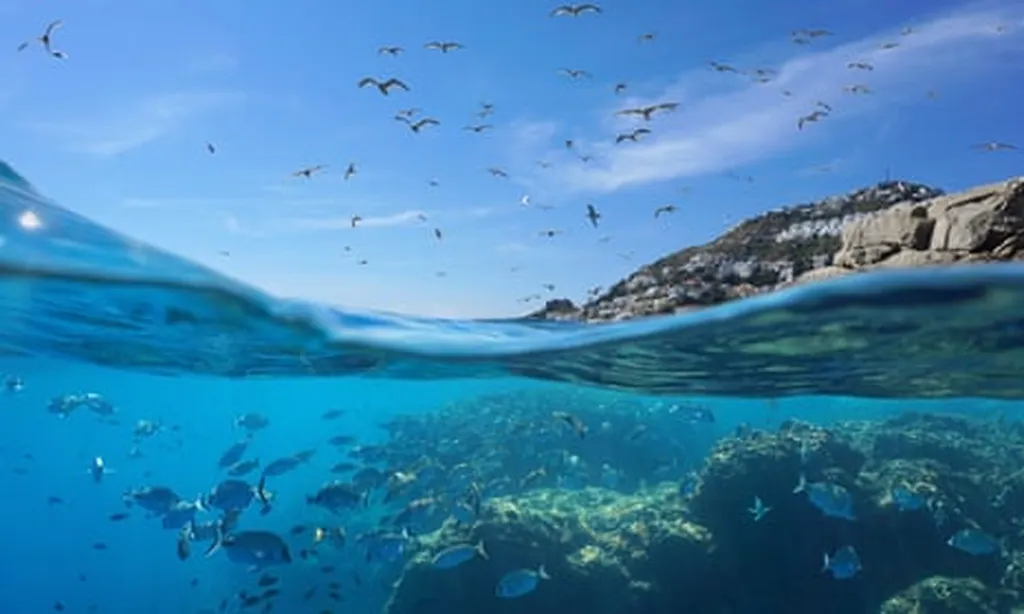In the quest to mitigate climate change, marine carbon dioxide removal (mCDR) has emerged as a promising yet complex strategy. However, the governance surrounding mCDR is lagging, posing significant challenges that span social, ecological, and technological domains. A recent study published in the journal *Environmental Research Letters* sheds light on these interdependencies, offering a roadmap for more effective governance frameworks.
Led by Lina Röschel from the Research Institute for Sustainability at GFZ in Potsdam, Germany, the study conducted a systematic review of 35 peer-reviewed publications to identify and analyze governance challenges associated with mCDR. The research employed the socio–ecological–technological systems (SETSs) framework to capture the intricate interdependencies across these domains.
The findings reveal a landscape fraught with complexity. “Most governance challenges cannot be categorized within single-system domains,” Röschel explains. “Instead, they frequently span intersections between social, ecological, and technological systems, highlighting issues such as fragmented governance structures, ecological risks from technological interventions, and legitimacy concerns linked to deployment.”
The study identified 100 distinct governance challenges, underscoring the systemic nature of mCDR governance. Traditional siloed approaches, which address challenges within isolated domains, are shown to be inadequate. “Applying a SETS perspective enables the identification of cross-domain trade-offs, synergies, and coordination gaps,” Röschel notes. This holistic approach is crucial for developing governance frameworks that can effectively navigate the multifaceted landscape of mCDR.
For the energy sector, the implications are significant. As companies explore mCDR as a potential climate response, understanding the governance challenges is essential for successful implementation. The study’s findings highlight the need for coordinated efforts that consider the interdependencies across different systems. This could lead to more robust and effective governance structures, ultimately facilitating the deployment of mCDR technologies.
The research also points to the broader context of multilateral ocean governance. As mCDR technologies advance, there is a growing need for international cooperation and coordination. The study’s insights could inform policy discussions and guide the development of governance frameworks that are system-aware and adaptable.
In conclusion, Röschel’s study offers a comprehensive analysis of the governance challenges associated with mCDR. By applying the SETS framework, the research provides a nuanced understanding of the interdependencies across social, ecological, and technological domains. This perspective is crucial for developing governance frameworks that can effectively address the complexities of mCDR, ultimately supporting the energy sector’s efforts to mitigate climate change.

